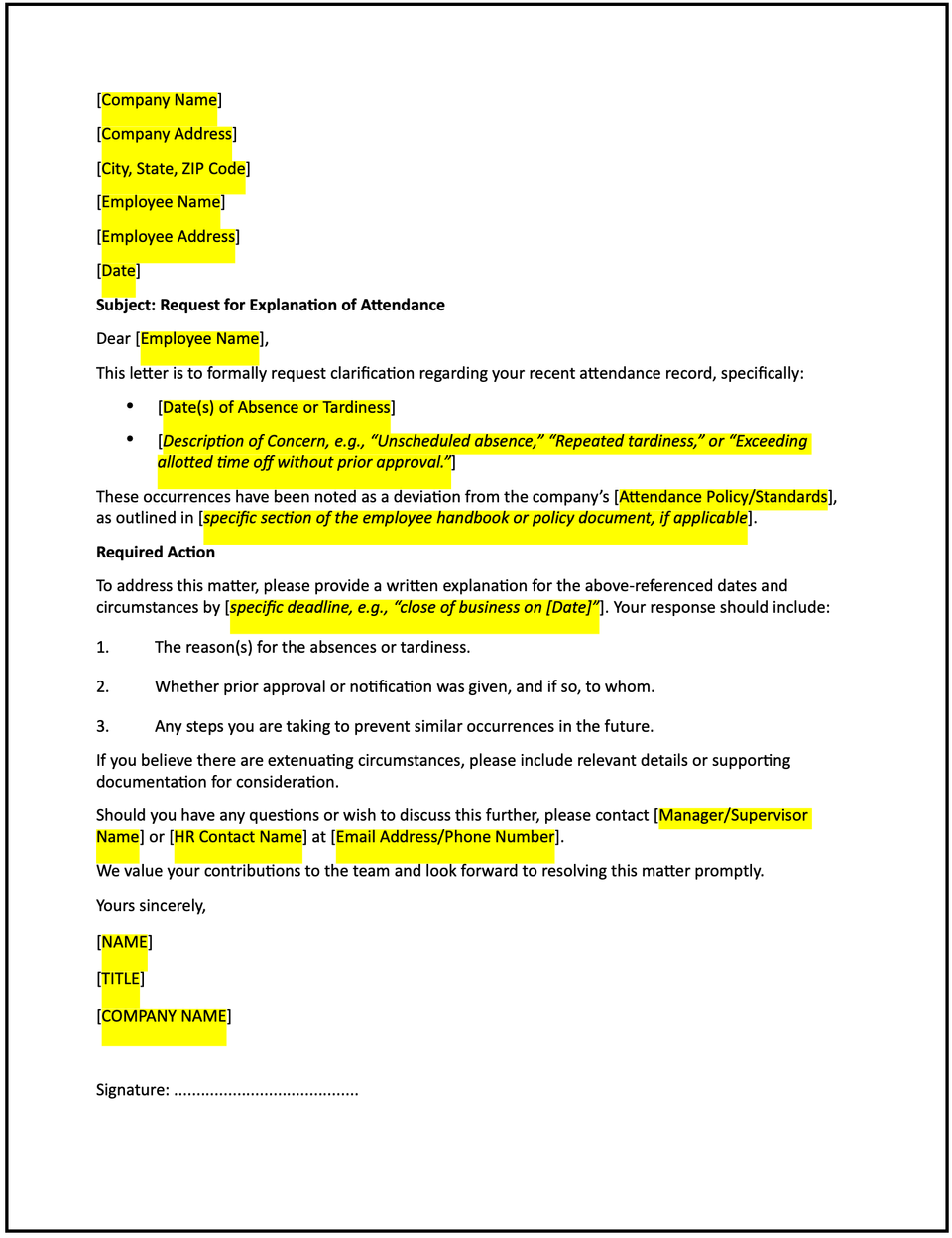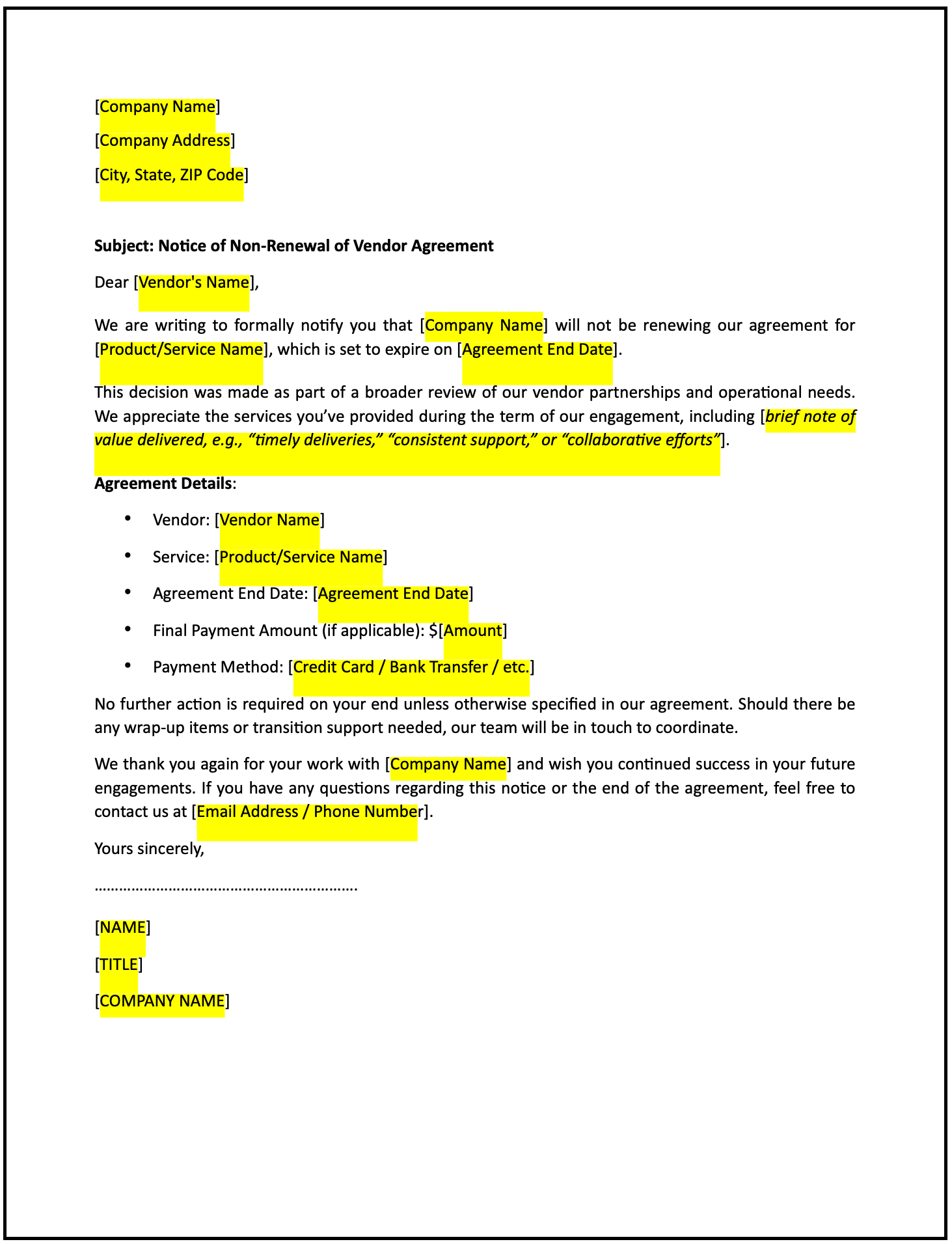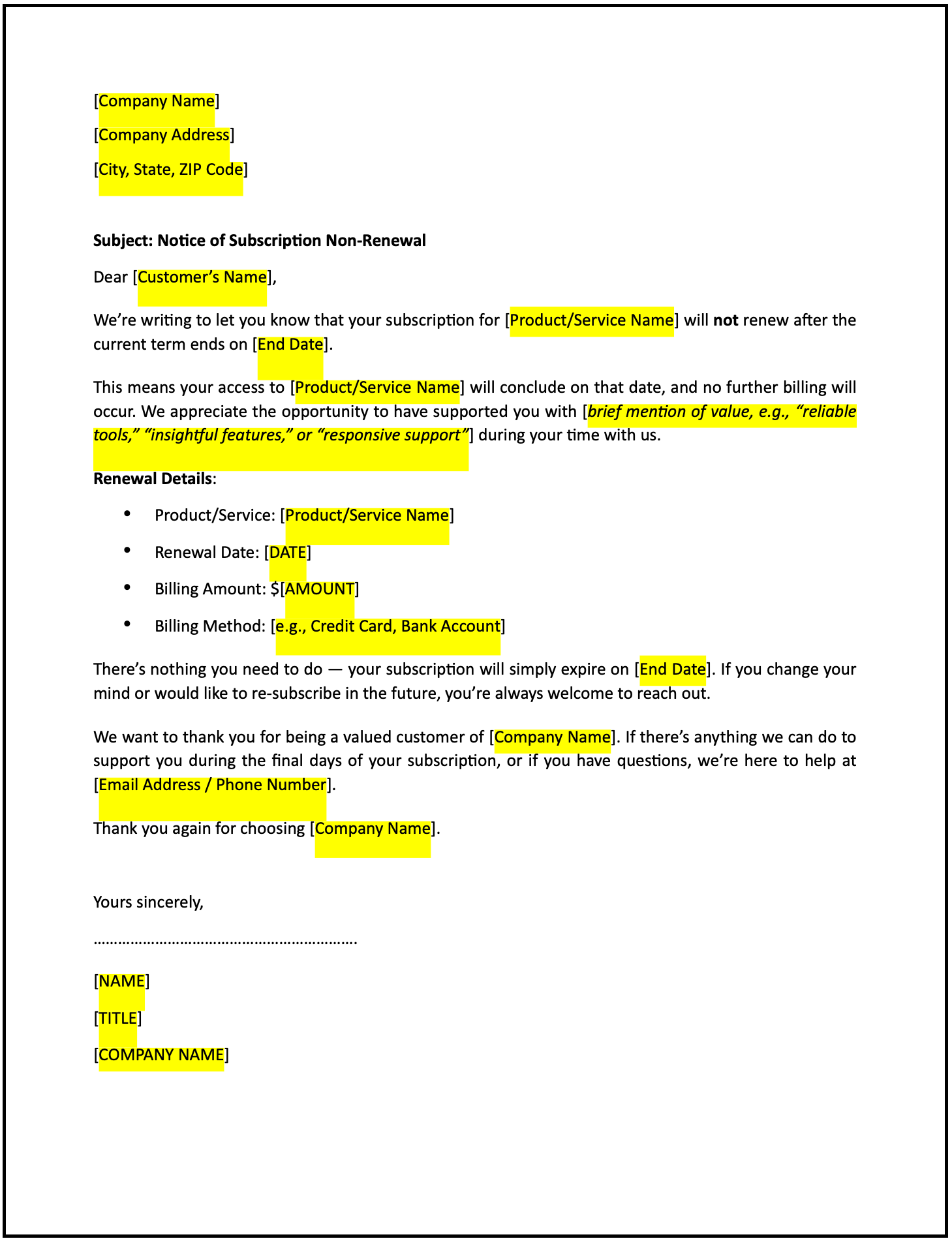Letter of request for employee attendance explanation: Free template

Letter of request for employee attendance explanation
A letter of request for employee attendance explanation is a formal way to address concerns about an employee’s attendance. This letter seeks clarification about absences or irregular attendance while maintaining professionalism and fostering open communication.
How to use this letter of request for employee attendance explanation
- Open with context: Begin by referencing the specific attendance issues, such as absences, tardiness, or irregular patterns.
- State the purpose: Clearly explain that the letter is a formal request for the employee to provide an explanation for their attendance record.
- Provide specifics: Mention the dates or incidents of concern to ensure clarity.
- Reaffirm policies: Briefly reference the company’s attendance policies or expectations to provide context for the request.
- Request a response: Clearly state the timeline for the employee to submit their explanation and the format of the response (e.g., written, meeting).
- Offer support: Mention any resources, such as HR support, to assist the employee if they are facing challenges affecting their attendance.
- Maintain a professional tone: Ensure the letter is respectful, clear, and focused on fostering resolution.
- Provide contact information: Include details for the employee to reach out with questions or concerns about the request.
Benefits of using a letter of request for employee attendance explanation
This letter template ensures a structured and professional way to address attendance concerns while fostering clarity and accountability. Here’s how it helps:
- Promotes transparency: Clearly outlining the concerns ensures employees understand the issue.
- Reflects professionalism: A respectful tone demonstrates the organization’s commitment to fairness and communication.
- Encourages accountability: Requesting an explanation reinforces the importance of adhering to company policies.
- Supports documentation: A formal record of the request is valuable for HR and potential disciplinary processes.
- Offers support: Providing resources encourages employees to address underlying issues affecting their attendance.
Tips for writing an effective letter of request for employee attendance explanation
- Be specific: Clearly describe the attendance concerns, including dates or incidents, to ensure clarity.
- Use professional language: Maintain a respectful and neutral tone to foster open communication.
- Reference policies: Briefly mention company attendance policies to provide context for the request.
- Include next steps: Clearly outline the timeline and format for the employee’s response.
- Keep it concise: Focus on the key points while ensuring the tone is professional and constructive.
Frequently asked questions (FAQs)
Q: What details should I include in this letter?
A: Include the attendance concerns, specific dates or incidents, a reference to company policies, and the timeline for a response.
Q: Should I personalize the letter?
A: Yes, addressing the employee directly and referencing their specific attendance issues ensures clarity and attentiveness.
Q: Who typically sends this letter?
A: The employee’s manager, supervisor, or an HR representative usually sends this letter.
Q: How formal should this letter be?
A: The tone should be professional and neutral, focusing on clarity and resolution.
Q: When should this letter be sent?
A: Send the letter promptly after identifying attendance concerns to ensure timely clarification.
Q: Can this letter include potential consequences?
A: Yes, mentioning potential outcomes, such as disciplinary action, if attendance issues persist, provides clarity.
Q: Is acknowledgment from the recipient required?
A: While not mandatory, requesting acknowledgment ensures the employee understands the request and timeline.
This article contains general legal information and does not contain legal advice. Cobrief is not a law firm or a substitute for an attorney or law firm. The law is complex and changes often. For legal advice, please ask a lawyer.


